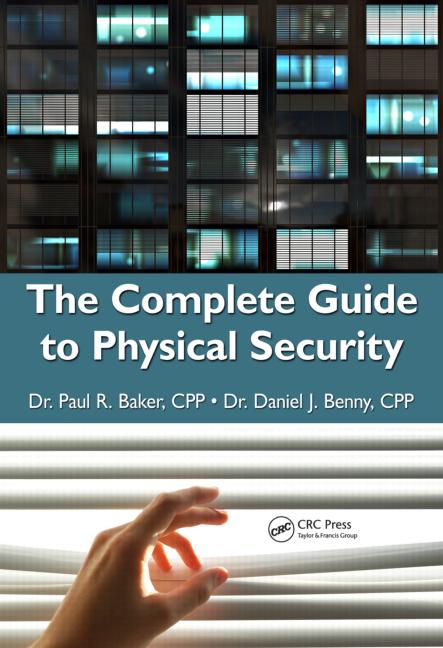In Michigan, a group of plaintiffs filed an action against the defendant security company claiming that the security company violated the provisions of the Fair Labor Standards Act (FLSA) by failing to pay the plaintiffs time and a half for the time they worked in excess of 40 hours per work week. The defendant security company filed a motion for summary judgment to dismiss the action.
The plaintiffs were employed as alarm response security officers (AROs). The defendant provided security services to its customers, including “armed response to alarms at the residential and business premises of its customers.” As AROs, the plaintiffs monitored and responded to the alarms on the premises of the defendant’s customers. This required plaintiffs to travel and inspect these premises when the alarms sounded, and determine the cause of an alarm’s sounding. Further, the plaintiffs would “secure the premises as needed and report the status of the premises to the defendant or law enforcement agencies.”
The plaintiffs asserted that they were employed as hourly employees and that they regularly worked in excess of 48 hours per week with no compensation for overtime. The defendant asserted that the reason the plaintiffs were not entitled to overtime is they “were not working their entire 12 hour shifts and instead, were legally “on call” or “waiting to be engaged” and therefore not entitled to compensation during those hours.
The court indicated that time spent waiting to work while on call may constitute working time under the FLSA. Citing previous cases, the court pointed out that “an employee who is required to remain on call on employer’s premises or so close thereto that he cannot use the time effectively for his own purposes is working while ‘on call.’” An employee who is not required to remain on the employer’s premises but is merely required to leave word at his home or with company officials where he may be reached is not working while on call.
The defendant stated that AROs had few calls per shift (sometimes none) and that the majority of responses were of short duration. The defendant further argued that officers were able to engage in personal activities such as sleeping, spending time with friends and family, and going out to eat and, when not responding to alarms, they were able to do as they wished.
The plaintiffs asserted that their job involved reporting to defendant’s offices at the beginning of the shift, picking up the equipment they would use, and traveling in the defendant’s vehicle to their assigned patrol areas. They wore uniforms throughout their shifts and were required to be in or near the vehicle at all times. If an alarm call came in, they went to the scene, investigated to determine whether there had been a security breach, dealt with the situation according to established procedures, reported their action and returned to the center of the patrol area. They were also called upon to perform other tasks, such as transporting other guards or checking on businesses with stationary defendant guards during the day. At the end of the shift they returned to the defendant’s premises, turned in their vehicles and equipment, completed their reports if necessary and turned in the reports.
In determining whether an employee is engaged to wait or waiting to be engaged, the critical inquiry is whether the time spent waiting is primarily for the benefit of the employer or employee. The court pointed out that the defendant left the court to speculate how the waiting time in this case was predominantly for the benefit of its employee. The defendant’s waiting to be engaged argument was asserted in a perfunctory manner unaccompanied by argumentation. The court denied the defendant’s motion for summary judgment.
The message here is that there has to be a clear understanding of what the duties and the responsibilities of the employee are. If the waiting period is for the benefit of the employer, the probability is that the employee will be entitled to receive compensation and most likely will be considered to be overtime compensation.
Readers Ask
We are an alarm monitoring company. Once a subscriber cancels their agreement, how long are we required to keep the records for that cancelled account?
To ask Les Gold a question, e-mail SDM@bnpmedia.com.
ANSWER
Normally we advise clients to maintain all records for the period of the statute of limitations. The statute of limitations may vary from state to state, so it is important to find out what the statute of limitations is in your area for both breach of contract and negligence. We advise clients, however, to maintain the records for periods beyond the statute of limitations as a loss may occur long after the contract has expired. The claim may be for negligence that occurred at the time of the installation but was just discovered. We therefore suggest that you maintain records for several years beyond the statute of limitations. In the event, of course, you have any idea that there could be a problem or that a claim may be made, then make sure that you maintain all of the records involving the particular account.










